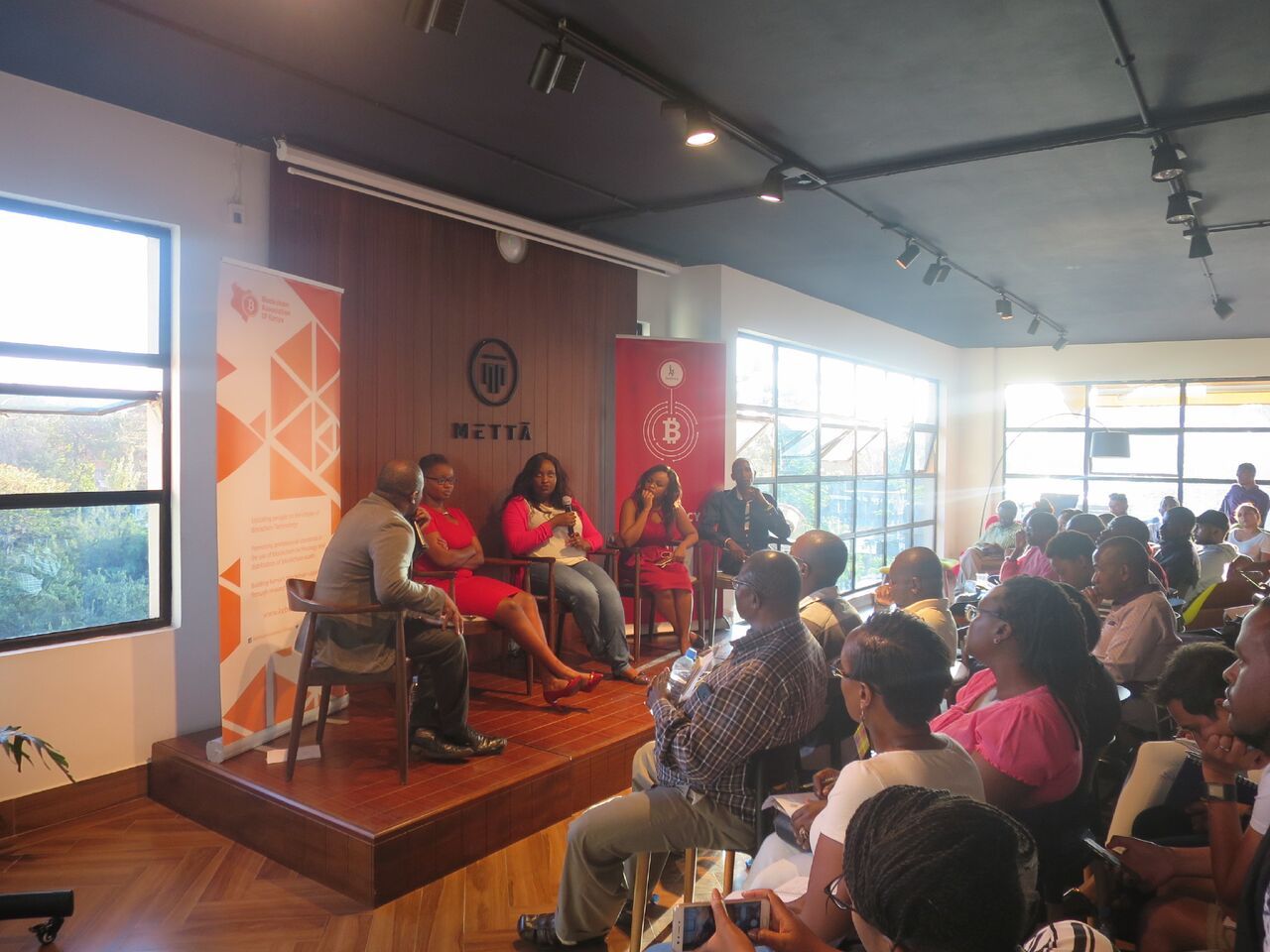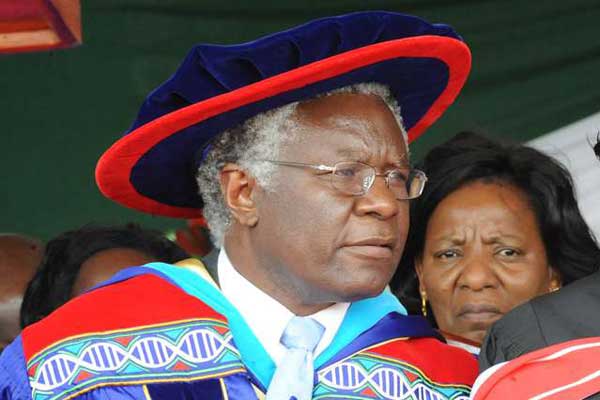Share this
Nairobi Bitcoin MeetUp shows Kenya’s Enthusiasm for Cryptocurrencies
On the afternoon of Sunday December 10th, a gathering of avid Kenyans convened at Metta Nairobi for the much anticipated Blockchain Baraza. The recent surge in price of cryptocurrencies has caught the attention of Kenyans across the board, telling from the crowd that featured couples, students, friends and family, old and young.
The inaugural event organized by the Blockchain Association of Kenya in partnership with The Kenyan Wallstreet brought together a rich set of speakers and panelists to discuss blockchain technology and cryptocurrencies in depth.
Cedric Wachira, the secretary general of BAK kicked off the event by introducing the association. In light of the recent comments by regulators such as the Central Bank Governor, the association is being proactive in cryptocurrency awareness in Kenya.
The B.A.K’s objectives are to educate the public on the virtues of blockchain assets, promote professional standards in the distribution of blockchain assets and help shape policy through research and building capacity.
Next up was Michael Kimani, Chairman of the association who emphasized the link between cryptocurrencies and open blockchains in his follow up presentation. According to him, critics of cryptocurrencies do not understand cryptocurrencies are an economic incentive for participants to secure the integrity of an immutable distributed ledger.
“Bitcoin’s innovation is the use of economics to ensure security” he said, adding that the price we see today represents investors pricing in future expectations of the utility of blockchains like smart contracts and decentralized applications.
It was the panel discussion that followed – featuring software developers – that really drove the message home. John Karanja, Eugene Mutai and Cedric Wachira talked up the radical potential of blockchain for use cases that were never possible before bitcoin was invented in 2008. The panel concluded open blockchains were likely to innovate faster compared to private walled blockchains.
The next discussion explored the most famous consensus method underpinning blockchains – mining. Eugene, who has built a mining rig from radeon graphic cards in his living room explained why he settled on mining altcoins like Zcash, Monero and Ethereum citing the Bitcoin difficulty as too high for him to effectively compete for rewards. The collective action of miners like him is the innovative process that secures some blockchain networks. The audience seemed especially keen on this segment, perhaps because of the proliferation of dubious mining schemes in Nairobi.
Daniel Nyairo’s presentation left the crowd with practical tips on how to identify scams and frauds in the bitcoin and cryptocurrency industry. He warned the public to be wary of some of the pyramid schemes purporting to be mining clubs that have roped in thousands of innocent Kenyans. Accessing bitcoin and cryptocurrency is free for all, so the membership fee charged by bitcoin clubs in Nairobi should ring an alarm bell. He challenged the association to double its efforts in countering the propaganda spread by cryptocurrency scammers.
“BitClub is not Bitcoin” he reiterated.
Many of the unsuspecting Kenyans who have flooded into crypto schemes are genuinely interested in investing in this new asset class. So George Mang’eni shared a practical guide on assessing the investment quality of crypto assets. He highlighted the important questions every investor should ask when assessing cryptocurrencies for investment:
- Does the cryptocurrency have real world application?
- What is the reputation, experience and skill of team of developers?
- Are there any big investors involved?
- Is it liquid enough?
- What is its supply and distribution dynamics?
From his experience trading and investing at the Nairobi Securities Exchange, he recommended adding cryptocurrencies to an investment portfolio as part of a healthy diversification strategy.
The final panel discussion was the cherry on the cake. 3 women – Juliana, Damaris and Janet shared their personal stories on growing their Bitcoin trade business over the last 2 years. Juliana and Kemunto had to quit their regular day jobs to fill the demand for crypto assets in Kenya after witnessing first hand the growth in adoption in Kenya and as far as East Africa.
Their success however, has not been without challenges. The panel unanimously agreed trust was a big barrier to overcome, in addition to a shortage of cryptocurrency liquidity in the local market on the supply side.
Overall, the women traders were hopeful of the future of the industry and their business. Juliana said “Cryptocurrencies are the future. I love what I do,”
The Blockchain Baraza winded down at 6.25 pm as Stefan Kariuki the MC of the day thanked the audience and speakers for a successful meetup. Attendees mixed, mingled and networked over drinks and snacks. The energy that filled the room was telling of the enthusiasm of Kenyans in cryptocurrency blockchains.
The Blockchain Association of Kenya is planning a series of similar events in 2018 to explore all the aspects of blockchain technology – programming, trading and investing, regulation, policy and research. The next workshop is slated for early 2018 purely covering trading, and investing in cryptocurrencies. If you missed this one, you might want to consider attending the next one.





















